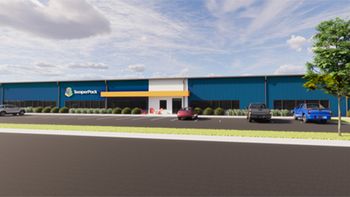
Data mining/analytics tops the list of IT projects in life sciences manufacturing and supply chain, says IDC Health
Survey responses indicate an overall 7% increase in spending this year, compared to 4% in 2011
The latest “Life Science Manufacturing and Supply Chain IT Benchmark Guide,” from IDC Health Insights (Framingham, MA), projects improved growth in IT spending (hardware and software) for the global life sciences industry, based on survey responses and IDC analysis conducted during the first quarter of this year. Overall spending in “manufacturing and supply chain” (as distinct from marketing, financial and research, among other categories IDC Health Insights analyzes) is projected to be $5.62 billion this year.
The leading category of IT spending is data mining/analytics, followed closely by business intelligence/dashboarding. Both of these are efforts to bring together vast amounts of operational data, then use statistical techniques to ferret out underlying trends and to make meaningful forecasts. The IDC survey finds that over 40% of pharmacos will depend on their ERP vendor to provide these tools, and a slightly lower percentage will look to dedicated IT providers (and between 5 and 10% will continue to exercise their MS Excel skills with self-built applications).
Overall, says Guide author Eric Newmark, IT spending is addressing a growing list of industry problems: “Broader procurement diversification is needed to fight current drug shortages, outsourcing initiatives are expanding to facilitate further cost reduction and improve manufacturing agility, and serialization and drug pedigree progress remains critical to successfully reducing the explosion of counterfeit drugs.”
The full report, #HI234413, is available from
Newsletter
Stay ahead in the life sciences industry with Pharmaceutical Commerce, the latest news, trends, and strategies in drug distribution, commercialization, and market access.




